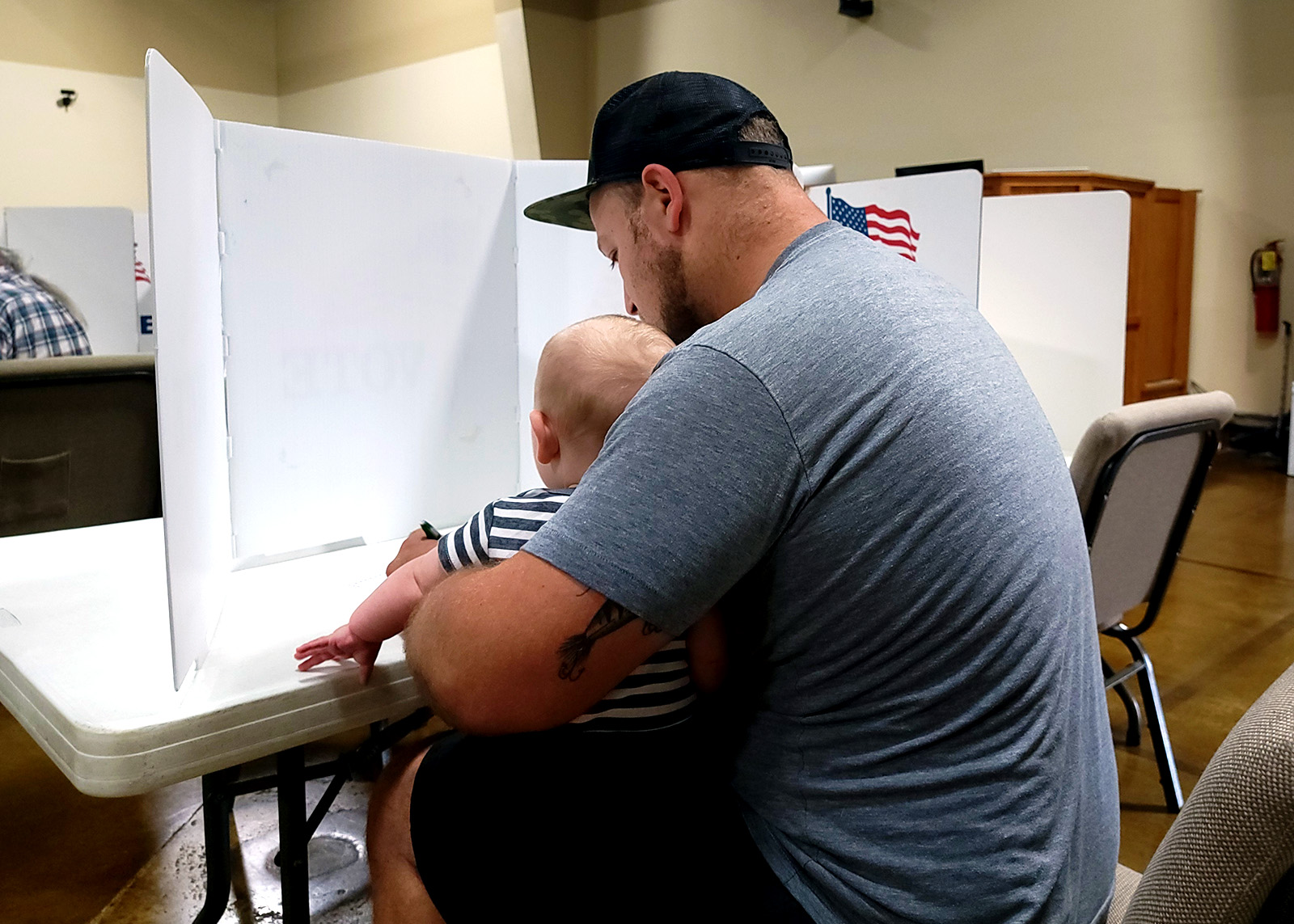OPINION|
Here in Missouri, we like to see for ourselves before we believe. If you’re curious about elections in Greene County, you can watch the process up close and firsthand. The most comprehensive way to see democracy in action is by spending the day on a bipartisan team of poll workers.
The next election is August 8, so I’ll help you out this time. I’ve worked as a supervisory judge in several elections, most recently in April. I interviewed other election judges to find out their thoughts on the process. I’ve chosen to withhold party affiliation.
Giving back
After living in Africa for decades, Mark Alexander, 71, of Battlefield, wanted to contribute to American democracy.
His reward? Serving as a supervisory judge with me at Cowden Elementary.
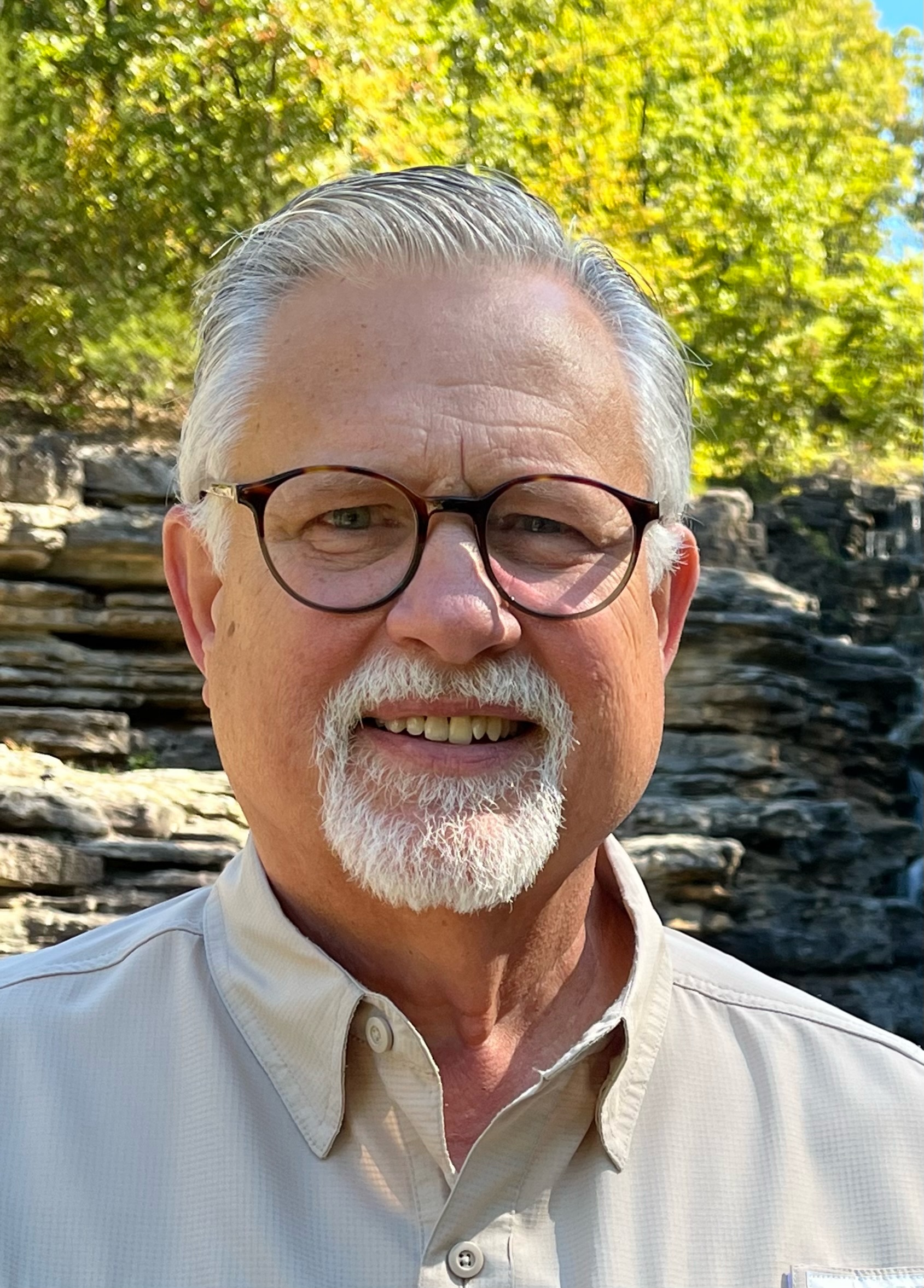
There are at least four judges at each polling place. All four of us frequently communicate and check in voters, though supervisors have more experience and attend specific training to deal with voter concerns. Each person spends the entire day working alongside someone of another major political party.
During lulls in April’s election, Alexander and I spent a lot of time talking about digging wells in Africa. Now retired from missionary life — at least officially — Alexander guides tours at Fantastic Caverns three days a week.
“I'm very blessed to live in this country, warts and all,” he said. “We all have opinions, but see, the cool part is we have the right to have those opinions.”
Alexander and his wife served as Assemblies of God missionaries in South Africa from 1992-2002 and he remembers Nelson Mandela’s election in 1994.
“It was amazing. It was the first election where everybody could vote no matter what color you were,” he said.
That’s not to say it was a totally free election.
“There was a tremendous amount of corruption and all kinds of nasty stuff, but it was still their first step,” he said. “I appreciated the fact that they were trying.”
Want to be an election judge?
Judges must be registered voters in the state of Missouri.
Judges must to be able to read and write the English language.
Election judges are required to report to their assigned polling place at 5 a.m. and work the entire Election Day, until approximately 9 p.m.
Information is available at the Greene County Clerk's website.
‘It’s up to us as normal people‘
Geof Waller, 53, also works in the service industry, as a regional manager at Five Guys. He has helped at three elections at Asbury Methodist, and this April he served at Delaware Elementary.

As a supervisory judge, he is also certified to handle the ExpressVote. This is an ADA-compliant device that helps voters who have visual or hearing impairments. They can wear headphones to hear the ballot language. The controller has large buttons marked in Braille. Voters select options using the ExpressVote, then feed the ballot into the DS200 voting tabulator, as all voters do.
“We had about four or five people use the ExpressVote at Delaware,” Waller said. “It’s rewarding to assist somebody who wouldn't be able to vote otherwise.”
He is glad to work on a bipartisan team.
“The polarization we're seeing is extremes, and it's up to us as normal people to counter that,” he said. “We show that we can work together towards the same goal and be happy no matter what the result is.”
Training days
Before each election judges receive training on PollPads, which they use to check in voters, and DS200 machines that tabulate ballots, they attend a general overview session. The overview is usually with Greene County Clerk Shane Schoeller, and lasts two or three hours. ExpressVote operators must also pass a certification test once a year.
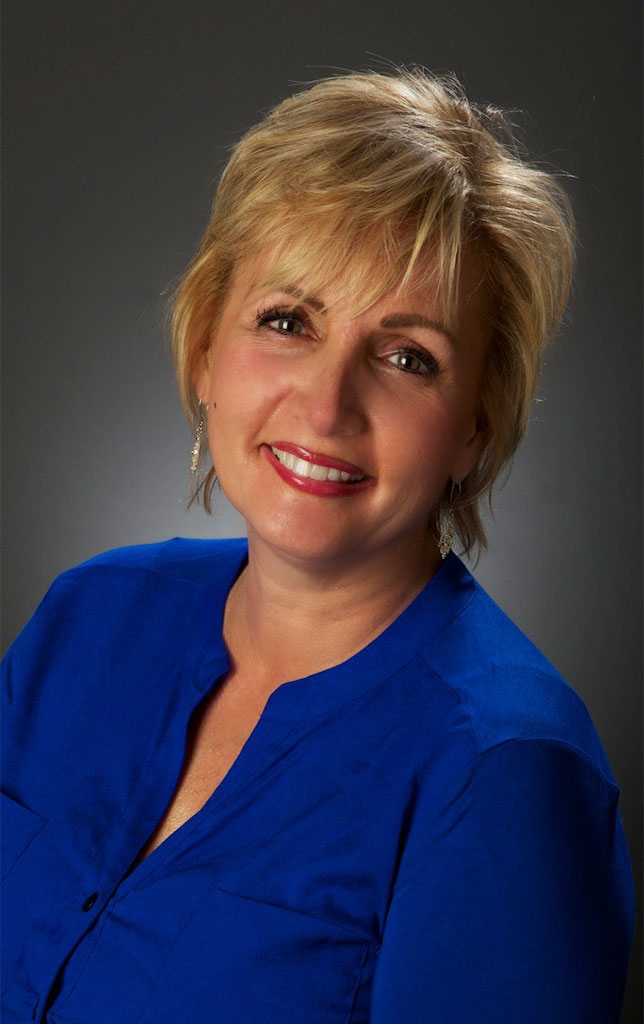
Laura McCaskill, 62, has served at McGregor Elementary but likes to work in different precincts. She says training is necessary, since there are often updates to the election handbook.
On Election Day, judges must work from 5 a.m., when they set up, until after the polls close at 7 p.m. After that, everyone works together to pack up supplies. Supervisors ride in the same car when they bring the ballots and equipment back to the Election Center in downtown Springfield. Presidential elections can mean days end after 10 p.m. — a 17-hour shift.
McCaskill, a business owner, said she’d like Greene County to consider having experienced supervisory judges work all day and allowing regular judges to work half shifts.
“Many judges that are committed to this are aging out,” she said. “Other people are working or have families, and it is just impossible for them to work that long of a day.”
McCaskill would also like to see colleges and universities offer school credit for students assisting in elections.
Every vote is counted
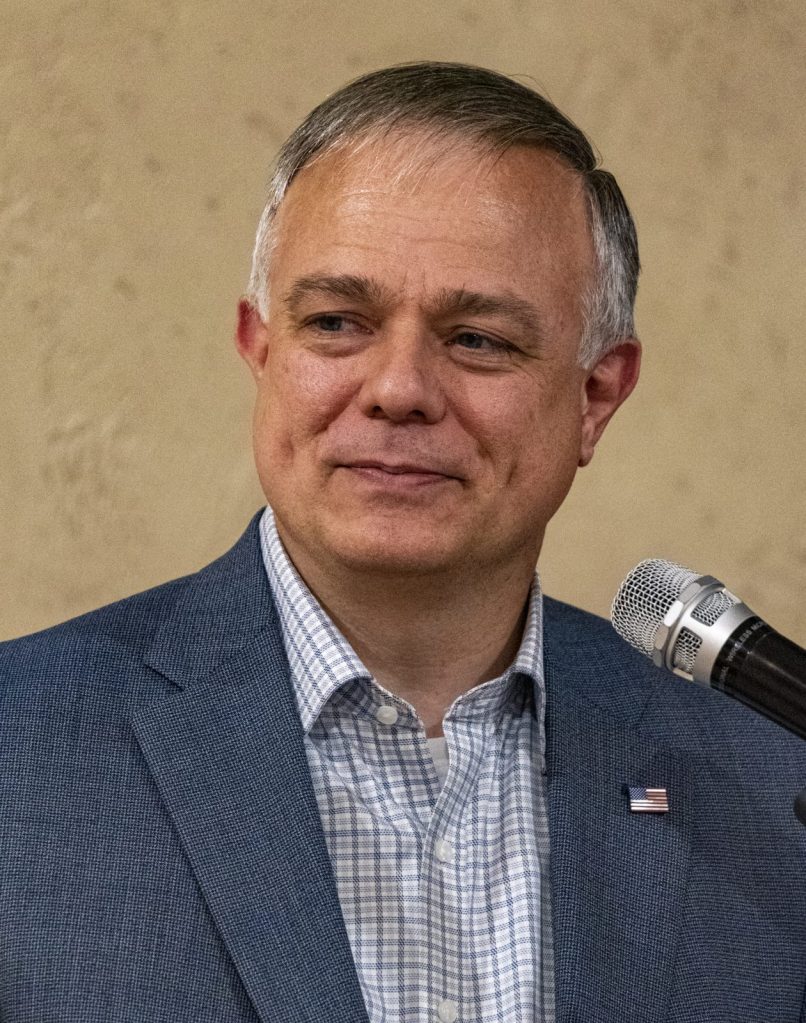
During training, we learn about the types of IDs we can accept, how to process voters, and whether or not we really have to count all the write-in votes for Mickey Mouse.
Spoiler: You’re not as clever as you think you are.
“If you have an open seat, where no one filed, then every write-in is eligible, unless they don't reside within that district,” Schoeller said.
He added that if someone has filed to run for an office, then others have to file to be a write-in candidate.
Your trusty judges check all write-in ballots after polls close. Each judge in a bipartisan team participates to ensure accountability.
Everyone counts, if you will.
Judge not – except in elections
At 39, I’m one of the younger judges. As a writer, photographer and business owner, I have the flexibility to set aside time for civic work. I also have a day job, but I schedule time off for training and Election Day.
Parker Stratton, 23, requests time off from his job in operations at the JCPenney warehouse to work as a judge. In November 2020, he decided to become an election judge as a way to try something new.

“Working as an election judge can be very busy,” he said, “but it provides insight on how elections work, and the level of bipartisan security involved to ensure elections in Greene County are fair.”
Teresa Bumgarner has been the Greene County Democratic Party’s election judge coordinator for five years.
“With the sheer number of judges we need, we will use almost all I have in my database, and lots of new judges who apply,” she said.
Tabetha Woods just became Republican Party election judge coordinator in July after working as an executive assistant for a recycling company. She’s training alongside Julia Carter, who used to organize GOP election judges. Woods is new to the job, but she’s enthusiastic about participating in the democratic process, including the complimentary stickers.
“When my husband and I voted in 2020, we stuck the ‘I Voted’ stickers on our foreheads and took a picture,” Woods said.
You can find an application to become an election judge on the Greene County Clerk’s website.
It’s a long day, livin’ in Greene County
The day before the election, I always call the polling place to verify that a custodian will let us in at 5 a.m. It’s a sprint to set up equipment before the first person can vote at 6 a.m.
Eleanor “Ele” Morrill, 81, frequently works at a Catholic church where election workers have to pound on the door to wake up the priest. She said the church used to set out a life-sized cardboard cutout of a priest in the entryway.
“Every time you walked by it was like somebody was really there, and it shocked you,” she said.
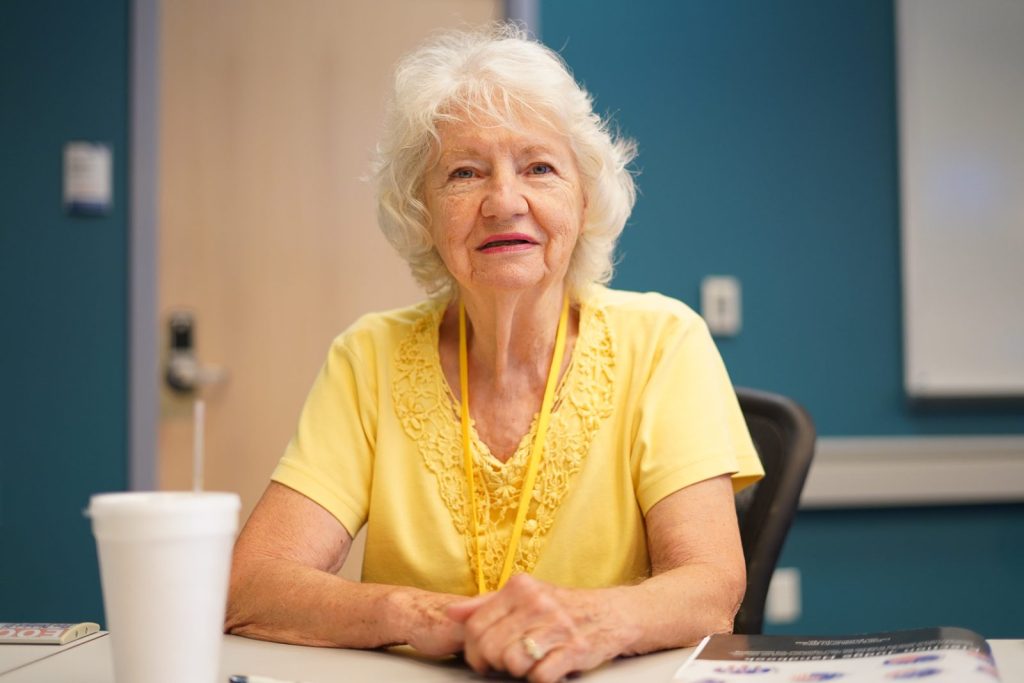
Judges typically spend much of the day seated in beige, cold metal folding chairs in a gym or school library.
Although people thank us for volunteering, we do get paid. Each judge earns $90 for training. Regular judges earn an additional $115 on Election Day. Supervisors earn $165, and supervisors who operate the ExpressVote earn $210.
On Election Day, we turn on the DS200 by 5:15 am. Prior to the election, a bipartisan team checks the tabulator with a test deck of ballots.
“We don't put blind faith into the tabulation equipment,” Schoeller said. “That's why we do the pre-test and post-test, and the manual count auditing.”
McCaskill encourages voters to watch the tally change on the DS200.
“I invite them to stand right there and watch their vote be counted,” McCaskill said. “They get satisfaction from that.”
After that, it’s up to the candidates to accept the results. Election judges seek to preserve a democracy, not a monarchy.
In addition to witnessing Mandela’s election while stationed in South Africa, Alexander and his wife served as missionaries in the West African country of Togo for about a decade. When President Gnassingbé Eyadéma died in 2005, his son, Faure, replaced him. Then Togo held an election — kind of.
“He had been president for 40 years or so, so his son ran for office and of course it was a slam dunk,” Alexander said. “Everyone joked about the fact that they didn't elect a president; they received a king.”
